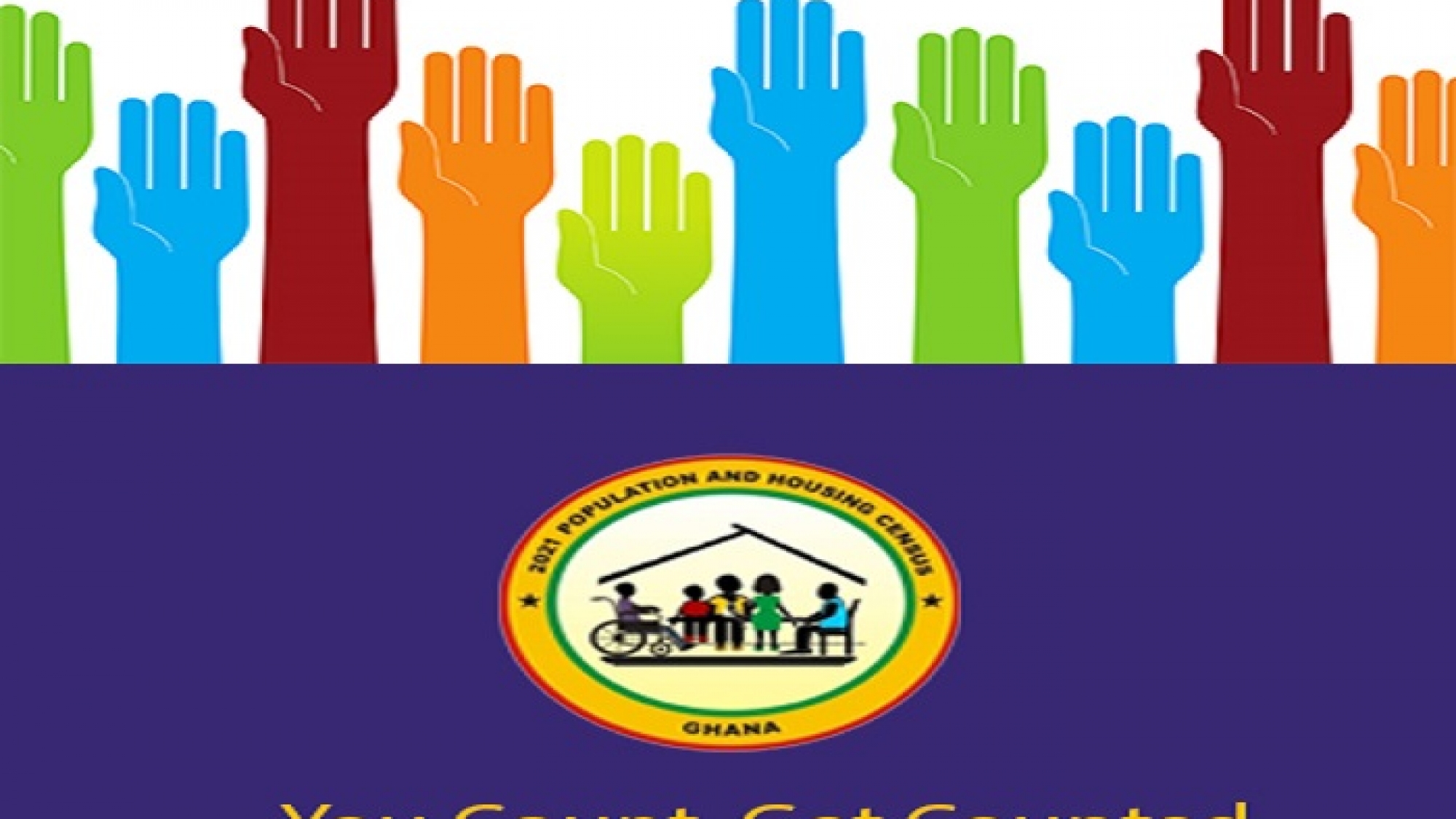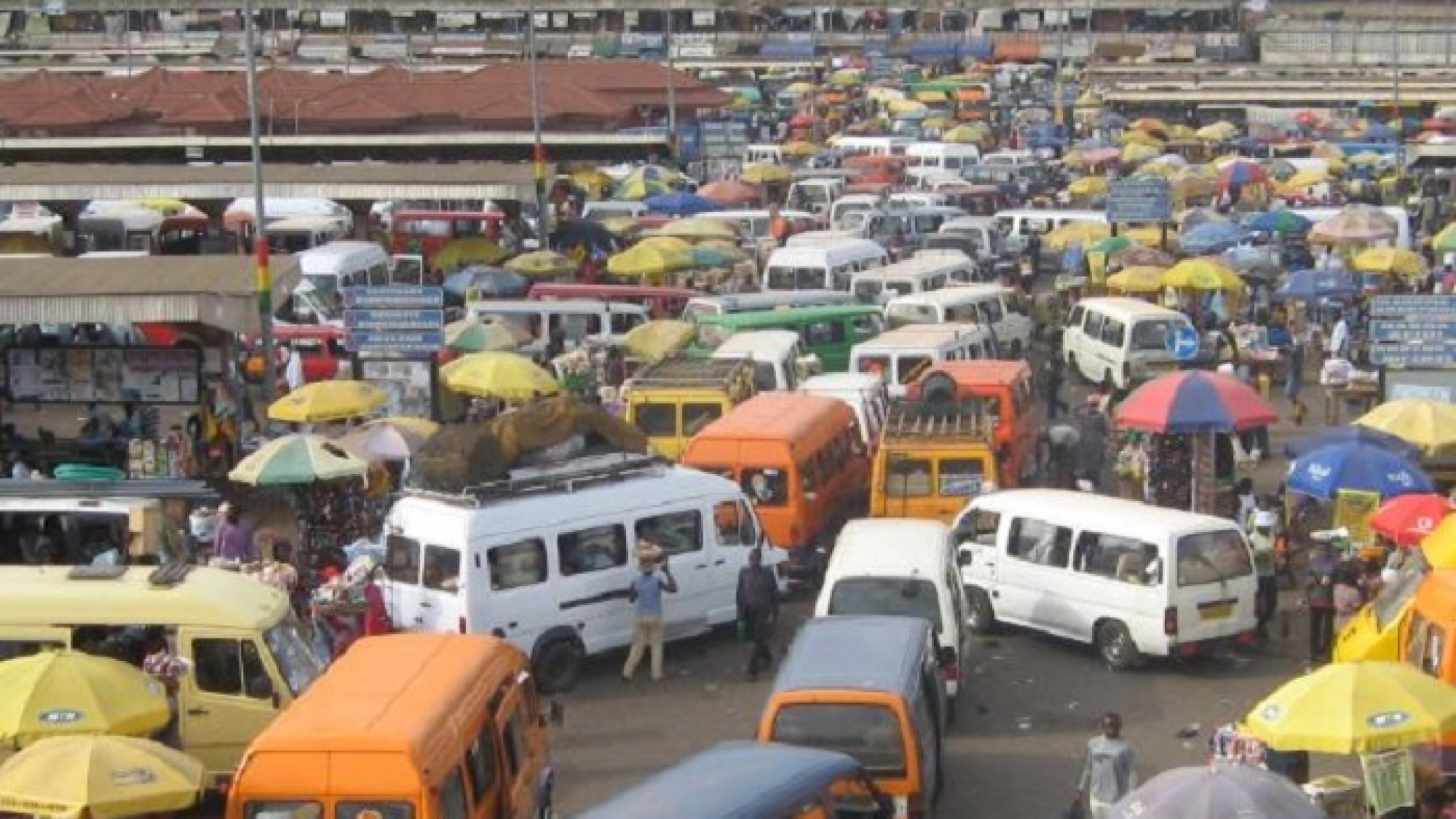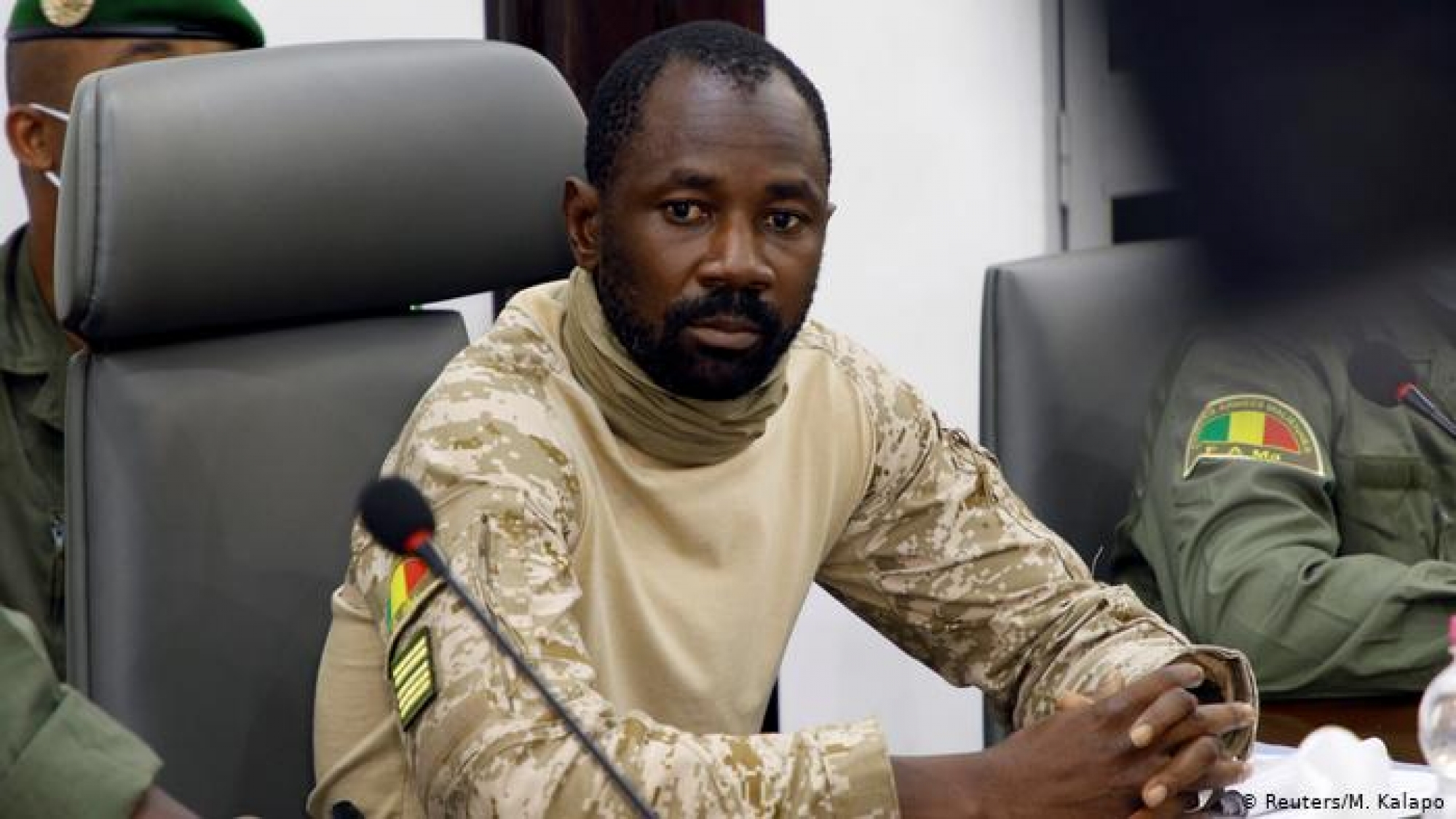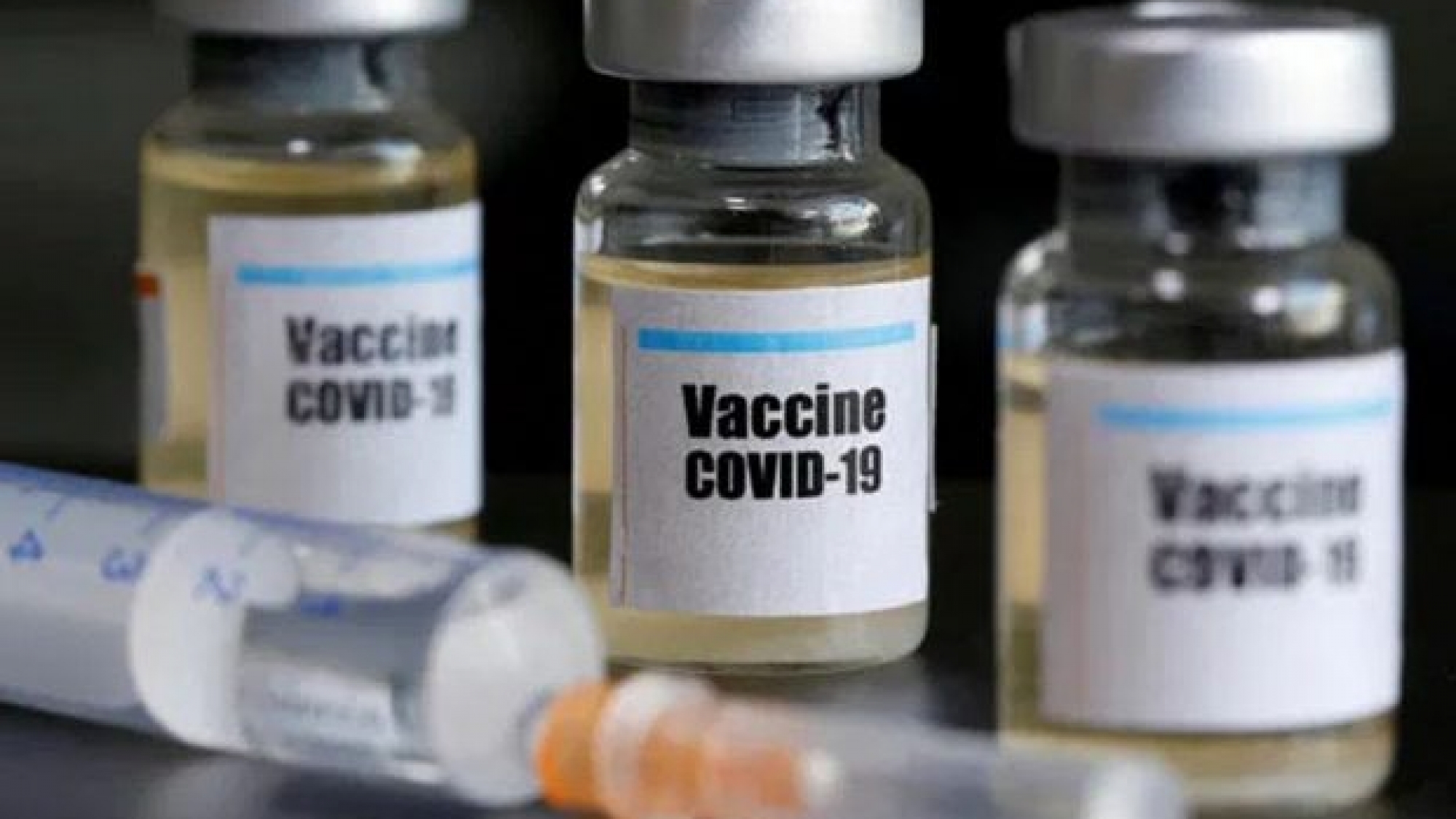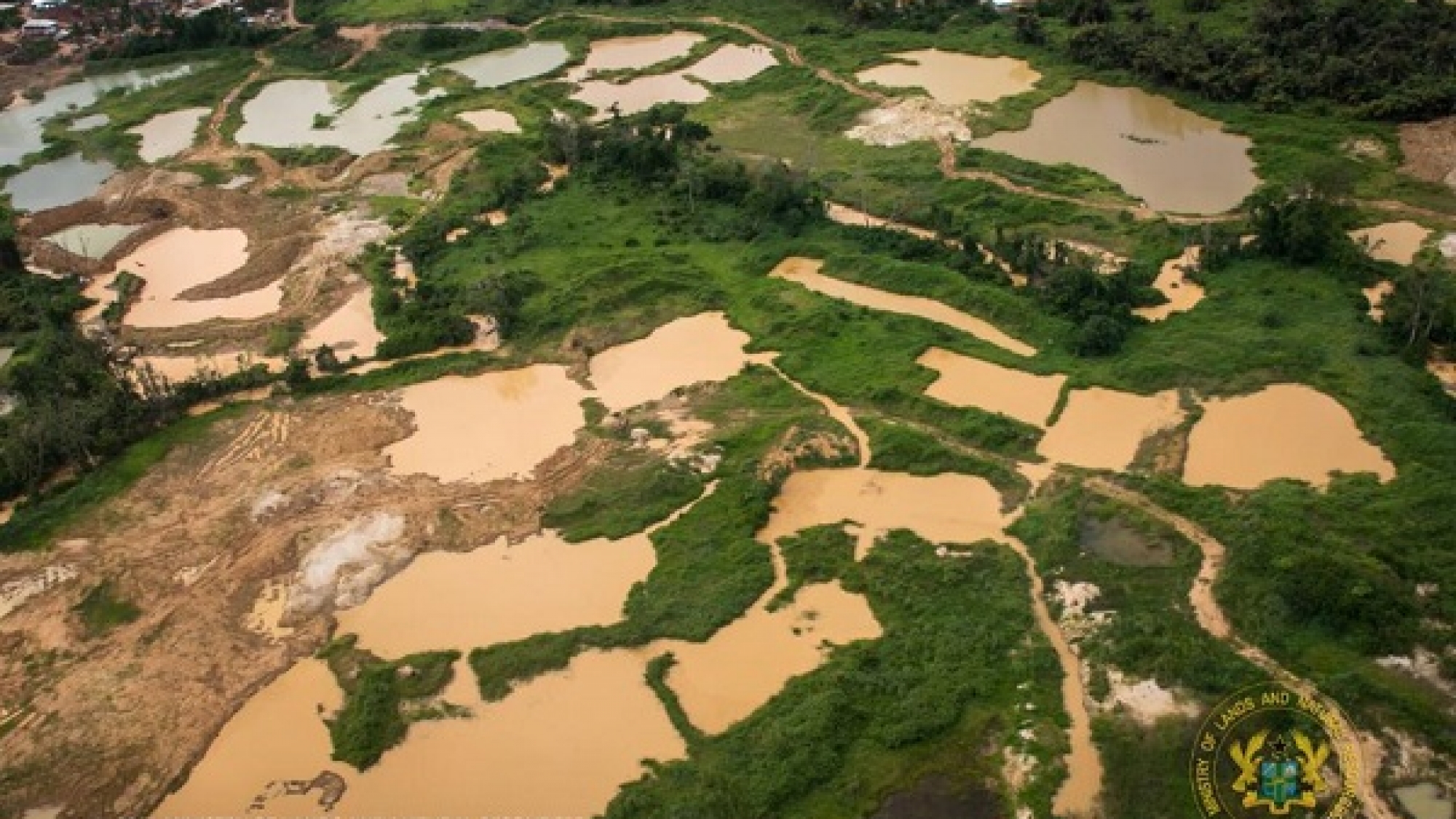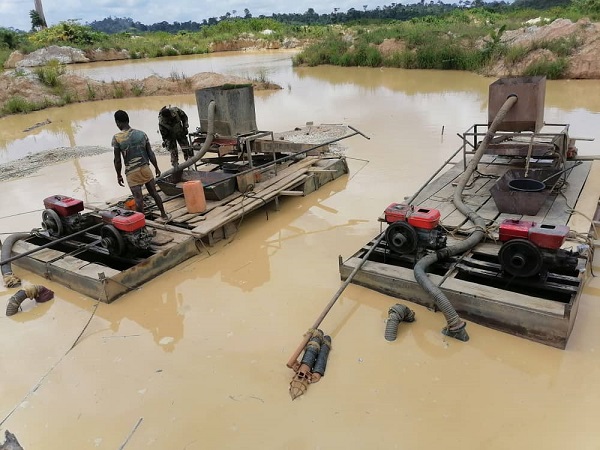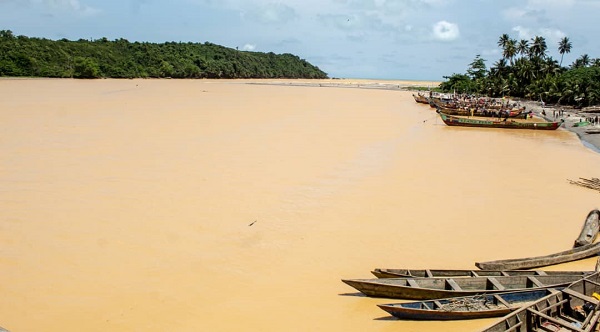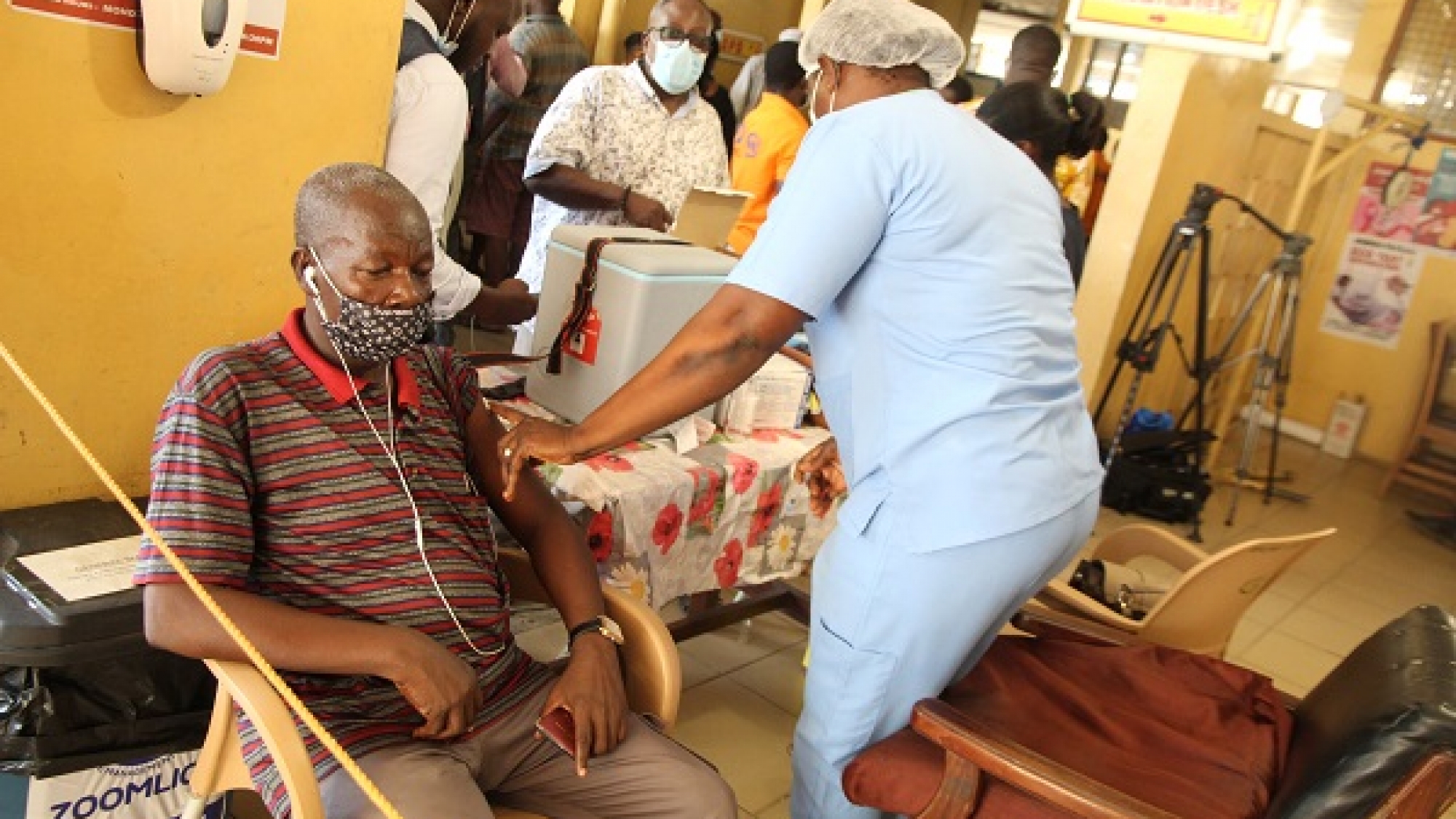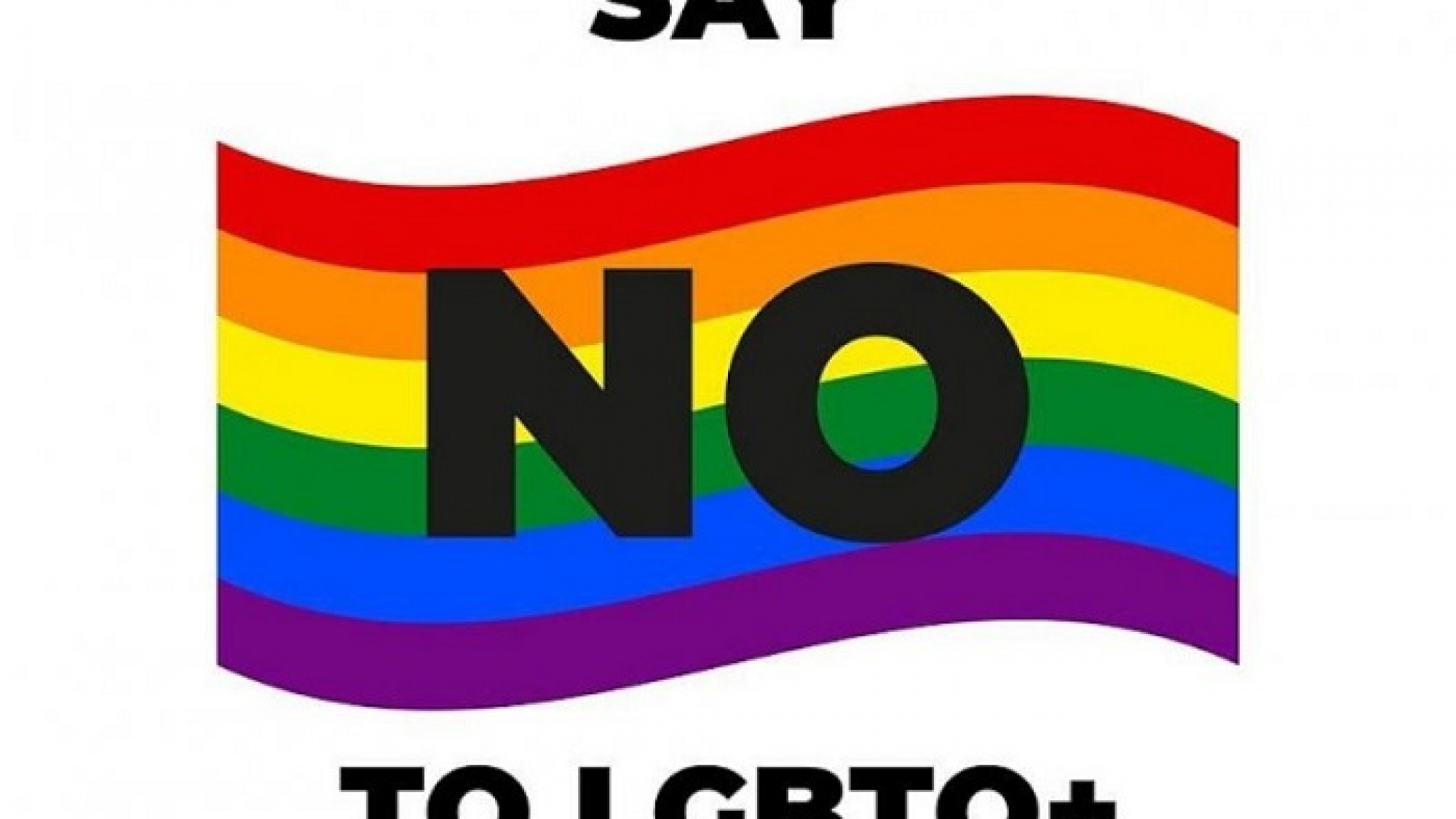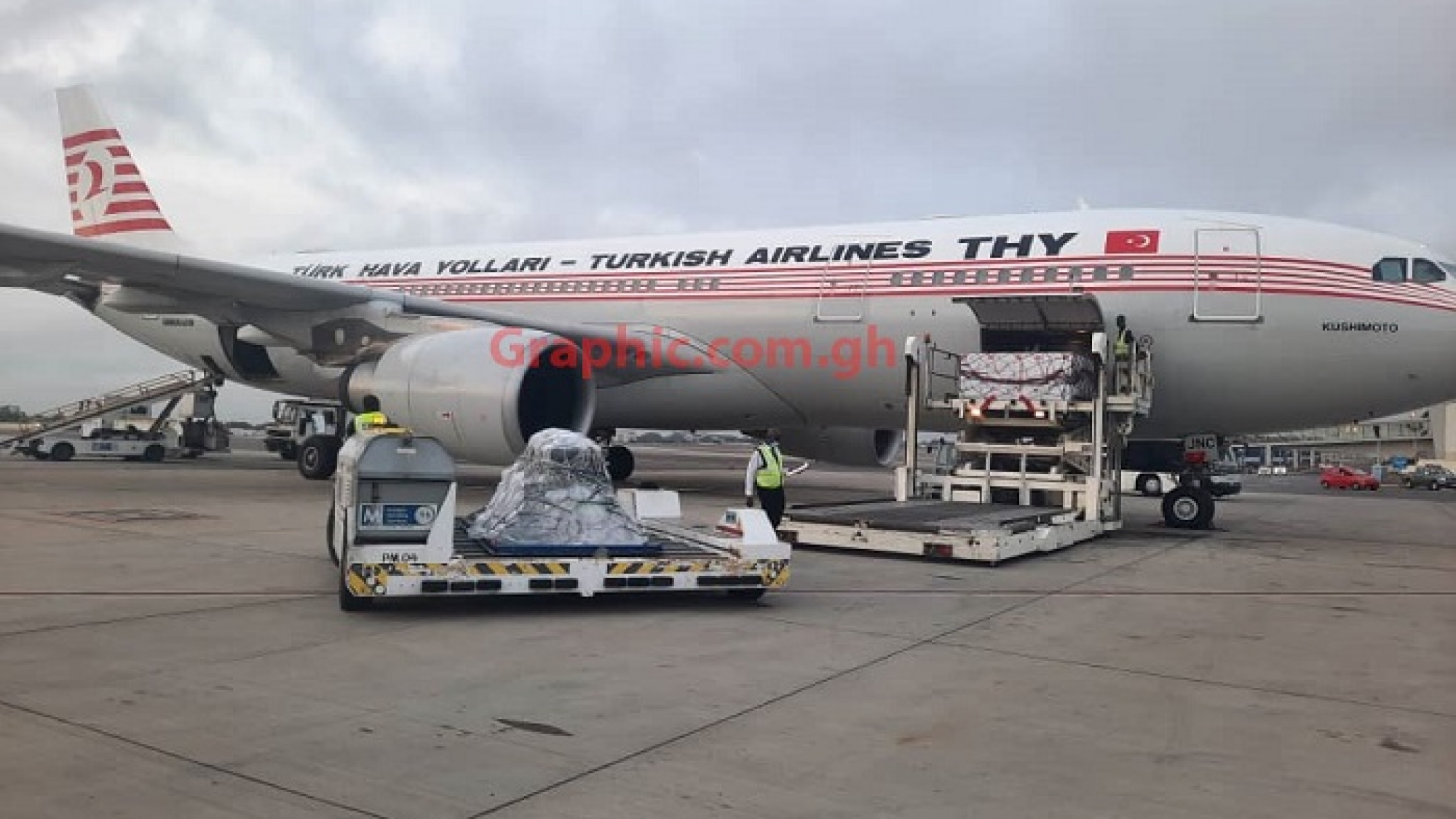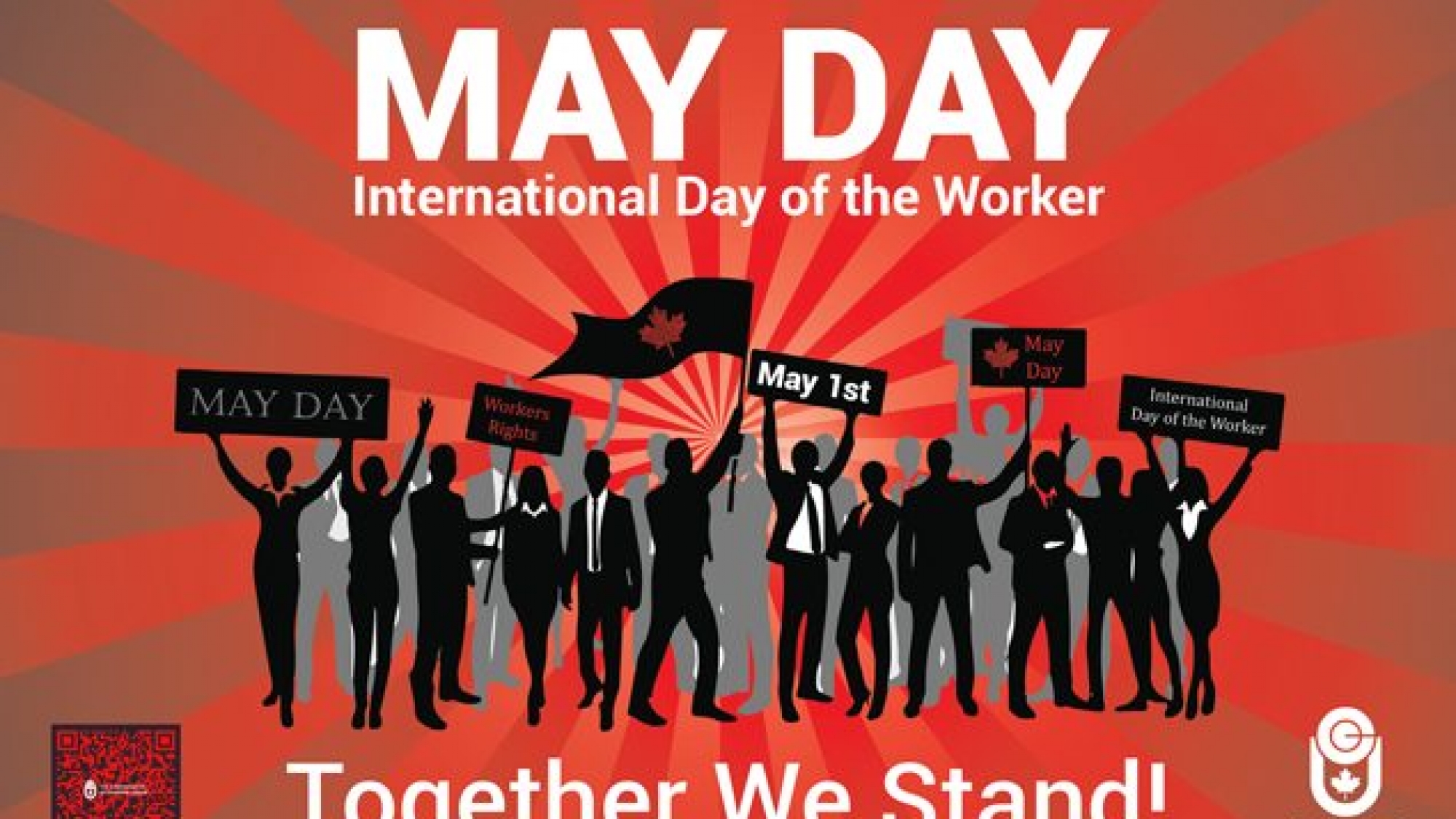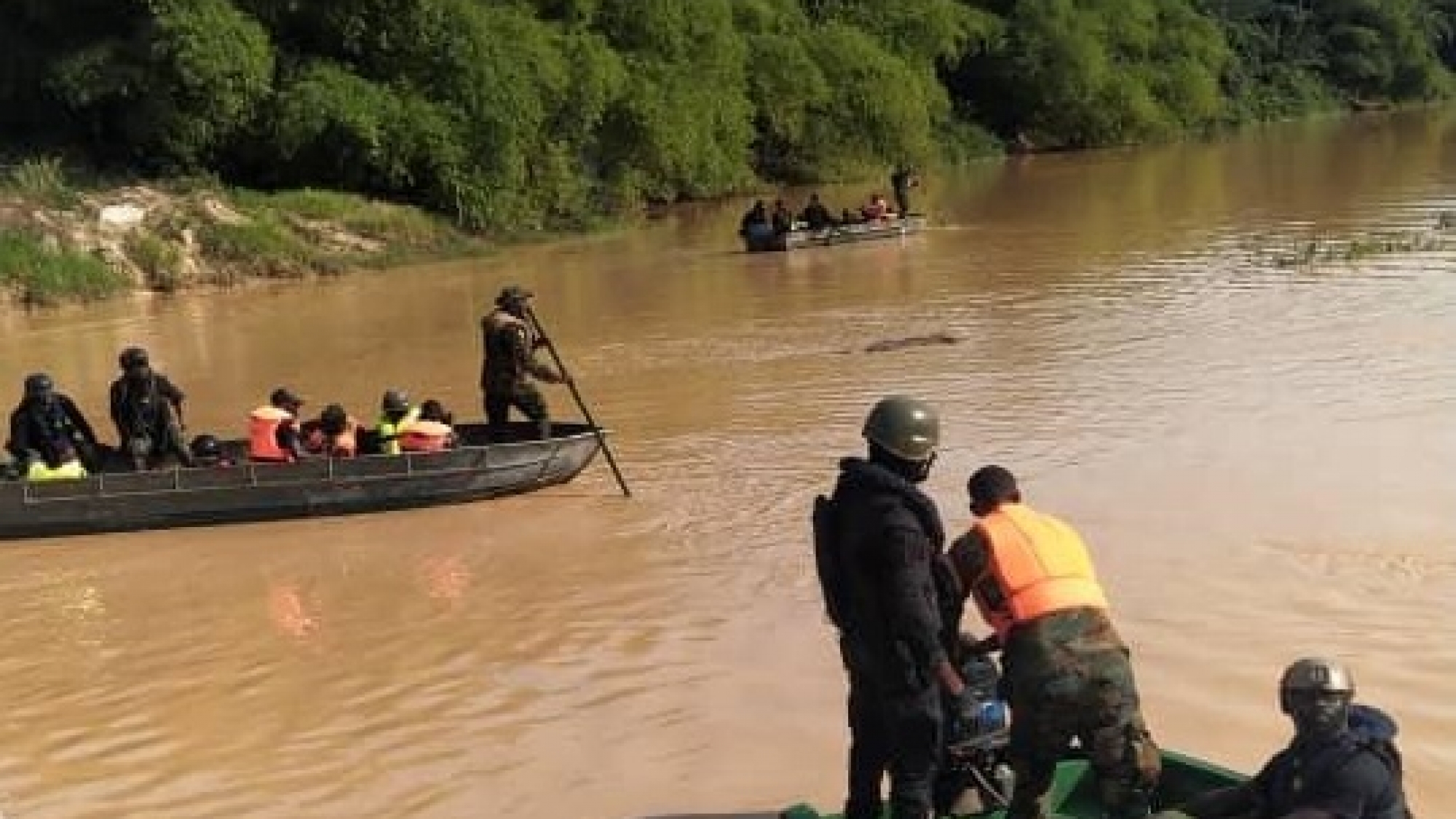Professor Samuel Kobina Annim, the Government Statistician and Chief Census Officer, says the Ghana Statistical Service (GSS) is fully prepared to ensure the successful conduct of the 2021 Population and Housing Census.
In a speech read on his behalf in Tamale at the launch of the first digital district 30 days 2021 PHC Night, Professor Annim identified key areas for the exercise to include 131,739 localities, 51,916 enumeration areas, 11,020 supervisory areas in the 260 districts and 16 regions in the country.
He indicated that 75,000 tablets were made available for the enumerators to aid their operations and noted that there would be the use of interactive maps to facilitate effective deployment of field personnel to avoid duplications or gaps in the listing of structures and enumeration of persons.
He urged Ghanaians to have faith in the exercise and avail themselves to be counted in the third Population and Housing Census (PHC) data collection, scheduled to start in the second quarter of 2021.
Alhaji Shani Alhassan Saibu, Northern Regional Minister, said “information on population growth dynamics is important and highly needed by the government to plan for educational needs, where to locate health facilities, how to allocate the social expenditures and identify those who need help in the society”.
Mr Gilbert B. Nuuri-Teg, Tamale Metropolitan Coordinating Director, appealed to the public to cooperate fully with the staff of the Ghana Statistical Service (GSS) to make the exercise a success.
He said the PHC exercise would collect information on every structure, household and individual to provide reliable and disaggregated data to the lowest of administration and geography, including rural and urban differentiation.
Mr Nuuri-Teg said Metropolitan, Municipal and District Assemblies (MMDAs) would fully support the census exercise to address the various data gaps needed for effective planning of strictured programmes at the district level to promote development.
The PHC exercise is to achieve complete coverage of all structures and persons in Ghana, which is in line with the “leave no one behind” agenda of the Sustainable Development Goals (SDGs).
It would provide updated demographic, socio-economic and housing data to support development and decision-making as well as the tracking of global, regional, and national development goals.
Source: GNA





